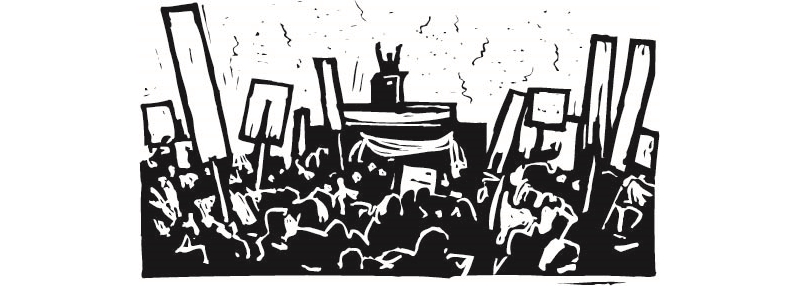Abstract
Liberal thinkers and supporters of majoritarian democracy are at odds with each other on the proper role of political parties in federal systems. Parties are seen either as guardians of the federal division of powers or as instruments to transcend federal barriers for the pursuit of uniform public policies. In analytical accounts, scholars have looked at two dimensions of territorial party politics: the level of symmetry in party competition and the degree of vertical integration within party organisations. There are many different ways, in which parties have responded to a multi-level political environment. In a complex two-way mutual interaction, parties have adapted to federal structures while at the same time driving federal dynamics.


